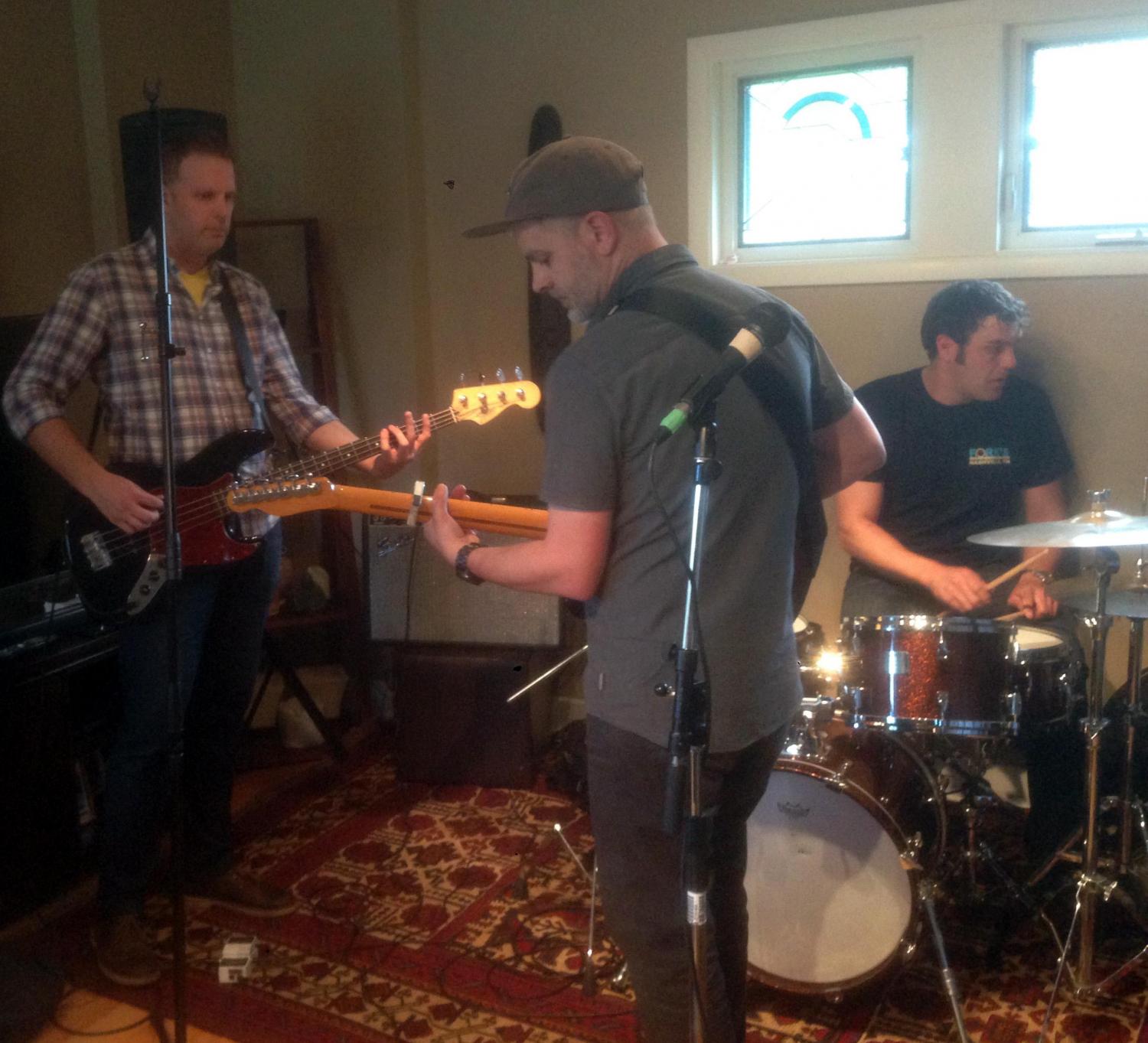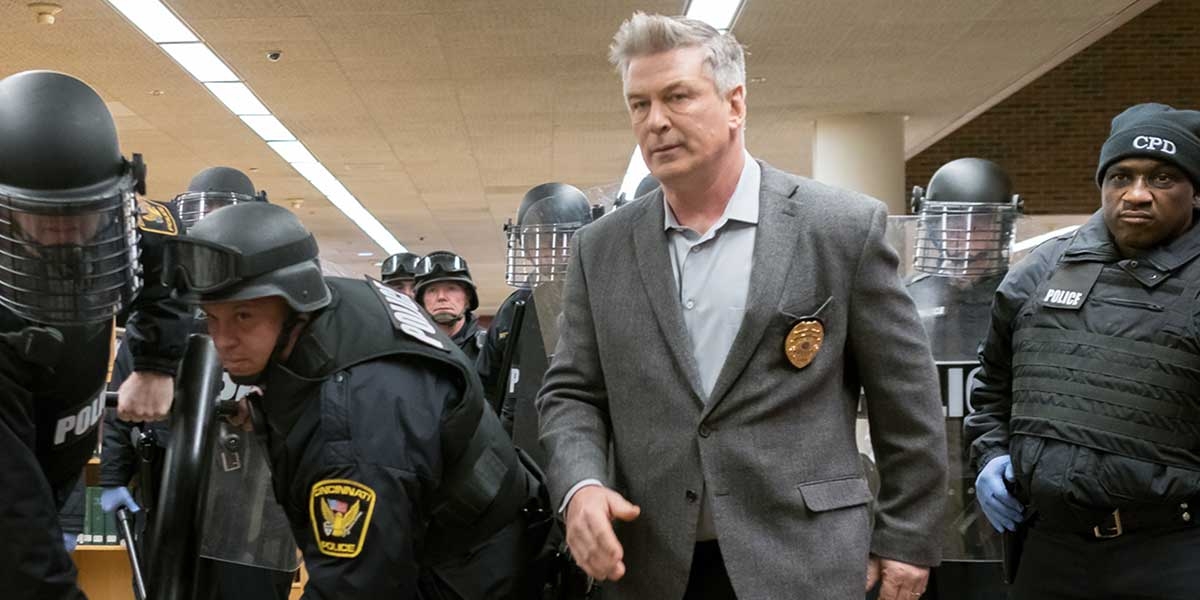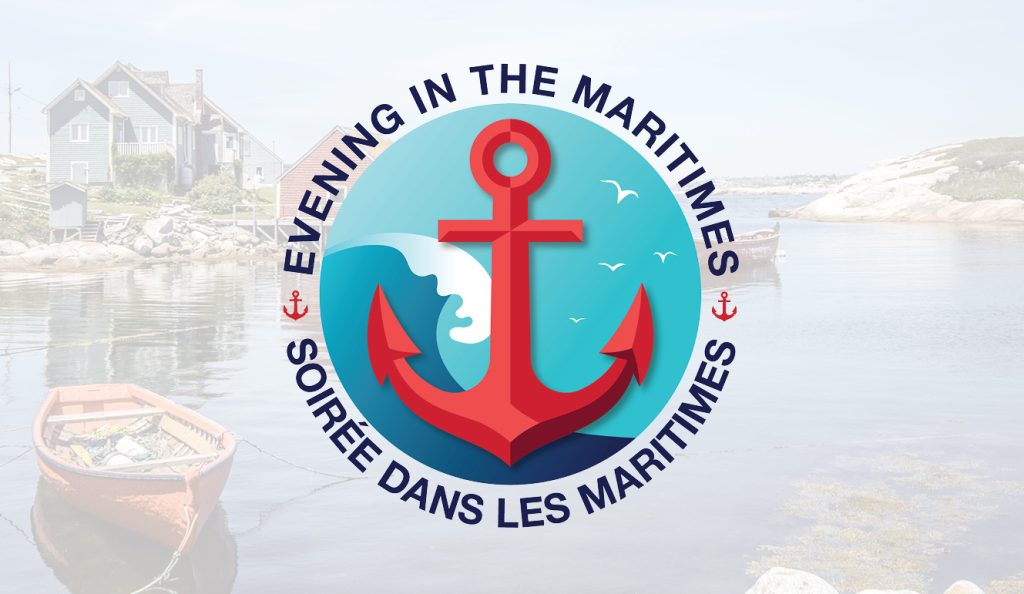
Comedy or Controversy? The CBC, Danger Cats, and the Fight for Free Expression
As one of the main sponsors of the annual Mike MacDonald Summer Comedy Competition at Yuk Yuk’s Ottawa—where our writers also serve as judges—we know better than anyone that comedy isn’t everyone’s cup of tea. Audiences vary; a comedian who kills one night might get crickets the next. But while judges pick the winner, it has never been the media’s job to determine what jokes are socially acceptable. Audiences vote with their wallets and their feet.
A perfect example of this is American comedian Dave Chappelle, who remains one of the most celebrated and popular comedians of all time despite the controversy surrounding his Netflix specials.
Canada has a rich history of groundbreaking comedians, from Norm Macdonald to Tom Green and John Candy—each of whom pushed boundaries with edgy, often raunchy humour. Instead of being targeted by the media, they were embraced. Would that still happen today? Increasingly, it seems unlikely.
The CBC vs. Danger Cats
CBC Hamilton correspondent Saira Peesker recently wrote two articles about Danger Cats, an Alberta-based comedy group known for its politically incorrect, blue-collar humour. Originating in Alberta’s oil patches, the group began as a YouTube sketch channel and features comedians Brendan Blacquier, Brett Forte, and Sam Walker.
In her first article, Peesker included criticism from Caitlin Craven, executive director of the Hamilton Centre for Civic Inclusion, who accused the group of “punching down” and “normalizing bigotry.” Craven went so far as to claim that Danger Cats were subtly pushing alt-right and white supremacist rhetoric into public discourse.
The CBC—receiving $1.4 billion annually in federal funding and positioned as an objective news source—used its platform to scrutinize the group’s humour. Instead of simply reporting on an event, the taxpayer-funded broadcaster took a stance on what is and isn’t acceptable comedy. The article went as far as stating, “As comedy troupe known for racist jokes set for Hamilton, venues urged to consider how ‘harmful ideas’ spread,” was accompanied by a victim support memo—suggesting that simply discussing the show warranted trauma care. The tone framed Danger Cats not as comedians but as an extremist organization.
More concerning was CBC’s decision to publish a follow-up article just days later, amplifying the same accusations after a second venue cancelled a Danger Cats show. The article, posted on February 5, ran with the subheading: “Alberta-based Danger Cats, known for racist jokes, was to perform in Ontario city this week.”
The Real-World Impact
Ottawa Life spoke with Danger Cats member Brendan Blacquier, who pointed out that these articles and broader attacks on comedy have had real-world consequences—particularly for venue staff. Employees at the two cancelled venues faced harassment, accused of being “racists” and “Nazis” simply for booking a group that, despite CBC’s portrayal, remains popular.
Determined to deliver for their audience, Danger Cats held a “secret show” at an undisclosed Hamilton venue, which was revealed only to ticket holders shortly before the performance. The event proceeded without issue.
This isn’t the first time the group has faced efforts to shut them down. Last year, after booking a Lions Club venue in Comox, the city’s mayor personally offered to cover the club’s anticipated liquor sales revenue if they cancelled the event—which they did. In Grand Prairie, uniformed RCMP officers showed up at a show after the group mocked the town’s mayor, who publicly voiced her opposition to their performance, claiming the content was “not respectful.” Blaquicier turned this government intervention into comedic fodder onstage, to the delight of the audience. Clips of this saga can be found on his Instagram, @unclehack69.
Who Decides What’s Funny?
Blacquier notes that outside major cities, Danger Cats’ shows are well-received. “We set booze records and attendance records. People want to watch us perform. The challenge is just getting through to the show.” He also pointed out that the outrage seems to stem from a small but vocal group of online activists. “It’s a finite group of people who put time into dismantling anything we do,” he said. “Some have followings and amplify the issue, but it never transpires into anything in real life.” Despite these efforts, he remains undeterred. “It brings excitement to my life,” he added, comparing the backlash to his younger days as a skateboarder. “It reminds me of trying to skate a stair set and dealing with mall cops.”
At its core, this issue raises questions about CBC’s role in journalism. Rather than simply reporting on a potentially controversial comedy show, the CBC took an ideological stance, framing the content as dangerous and even providing resources for those allegedly “traumatized” by its existence. The network effectively attempted to dictate what is and isn’t acceptable comedy—an unusual role for a state-funded broadcaster.
The CBC quoted former comedian, author and advocate for the socially disenfranchised Kliph Nesteroff, who endorsed the censorship efforts, reinforcing the narrative that Danger Cats’ material is bigoted. The initial article even included helpline resources, as if Danger Cats’ performance in Hamilton was a crisis requiring professional intervention.
After speaking with Blacquier, Ottawa Life came away with a different perspective: a funny guy from Alberta with a blue-collar sense of humour rooted in oil patch culture. He is, quite simply, a comedian—nothing more, nothing less. More importantly, in a democratic society that values free expression, why is a nationally funded media company using its resources to suppress performance art?
The Supreme Court of Canada has already ruled on this issue, most notably in the 2021 case of comedian Mike Ward, whose routine about Jérémy Gabriel—a teenager with Treacher Collins Syndrome—was found to be protected under free expression laws.
Maybe it’s time to let comedians be comedians. For now, jokes are still legal in this country.
If you want to judge Danger Cats for yourself, check out their YouTube channel or grab tickets to their Ottawa show on Saturday, March 8, at the Brass Monkey.
PHOTO: PROFOLIO PHOTOGRAPHY








